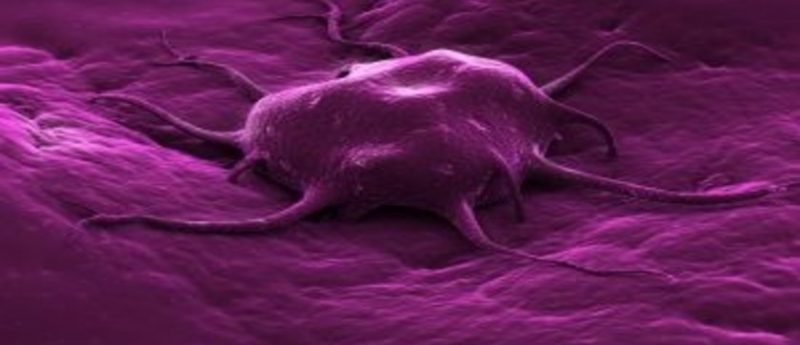Single-letter genetic variations act as ‘wormholes’ to increase cancer risk

New research led by a team at The Institute of Cancer Research (ICR; London, UK) and published recently in Nature Communications indicates that single-letter genetic variations within sections of the genome previously dismissed as ‘junk DNA’ could increase cancer risk by affecting genes elsewhere in the genome.
The team of researchers initially identified that DNA sequences found within ‘gene deserts’ can regulate gene activity in other sections of the genome by creating DNA loops across relatively large distances. The ICR team believes that these ‘wormhole-like’ effects may be significant in helping to solve the previous mystery of how apparently uninfluential genetic variations can increase cancer risk.
Paul Workman (ICR) explained: “A lot of the genetic variants already linked to cancer occur in gene deserts – often very long and quite mysterious DNA sequences that don’t actually contain ‘genes’, but which are involved in causing cancer in ways we do not yet fully understand.”
In a world first, the research team used a newly developed technique to comprehensively examine these looping DNA interactions. The technique, termed Capture Hi-C, was designed in order to investigate long-range physical interactions between stretches of DNA. Consequently, they were able to identify how different chromosome areas interact in more detail than previously possible.
Analyses of these looping interactions indicated that single-letter DNA variations linked to bowel cancer development were present in genome regions associated with DNA looping.
The researchers then assessed 14 different regions of DNA containing single-letter variations that had previously been linked to bowel cancer risk. Within all 14 regions significant long-range interactions were detected, thus confirming the role of single-letter genetic variations in gene regulation.
The interactions identified by the team have important implications as they are responsible for controlling gene behavior and ultimately any changes in this behavior that could lead to cancer development.
“DNA looping is notoriously difficult to study but this research has taken an important step to understanding what genetic variations in DNA deserts might do to drive the development of bowel cancer,” commented Workman.
Study leader Richard Houlston (ICR) added: “Our new technique shows that genetic variations are able to increase cancer risk through long-range looping interactions with cancer-causing genes elsewhere in the genome. It is sometimes described as analogous to a wormhole, where distortions in space and time could in theory bring together distant parts of the universe. Understanding how long-range genetic regulation works is crucial to understanding how cancer develops – and could be important in finding new ways to treat the disease in the future.”
Source: ICR press release: www.icr.ac.uk/news-archive/cancer-risk-linked-to-dna-wormholes

